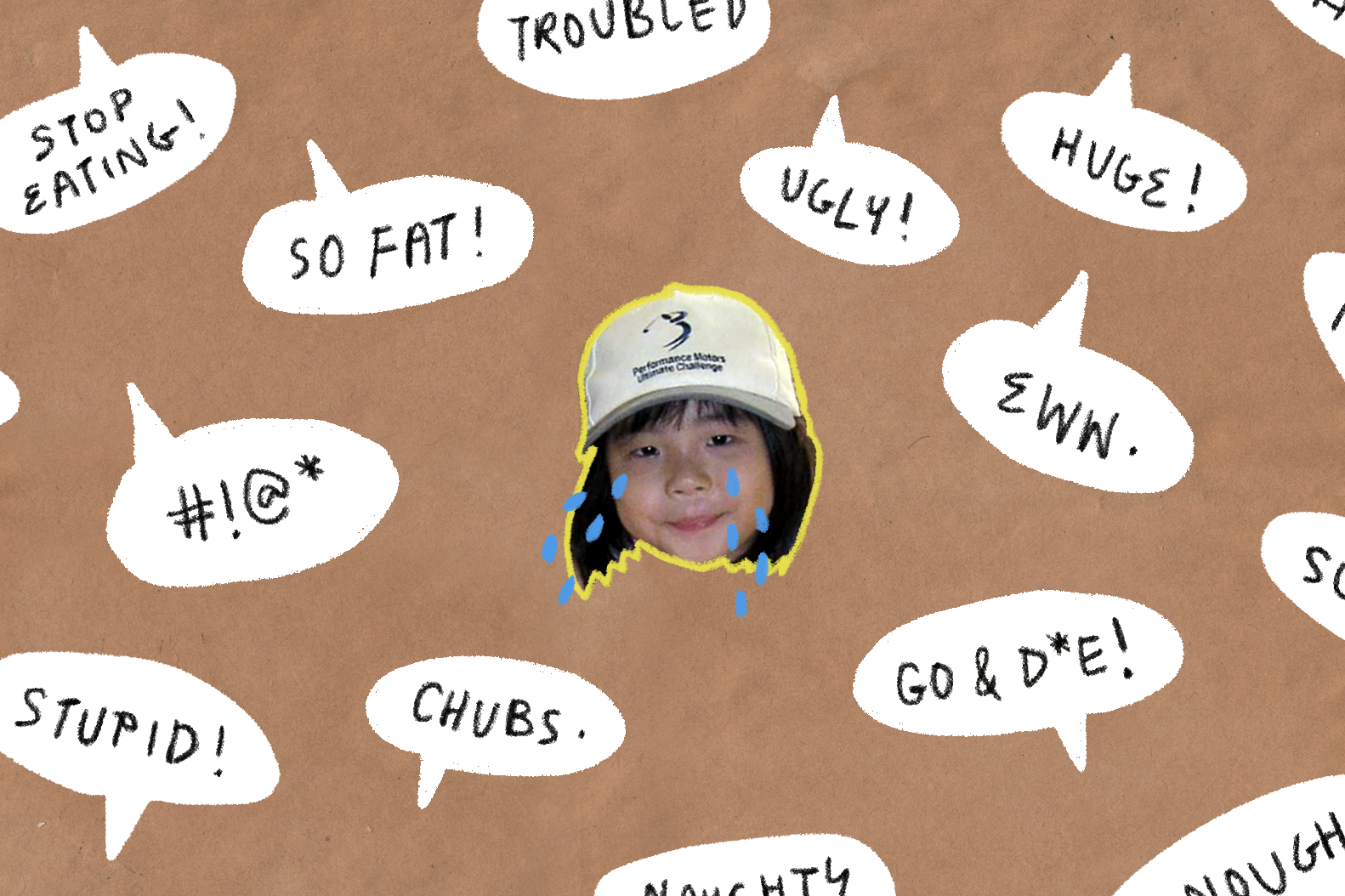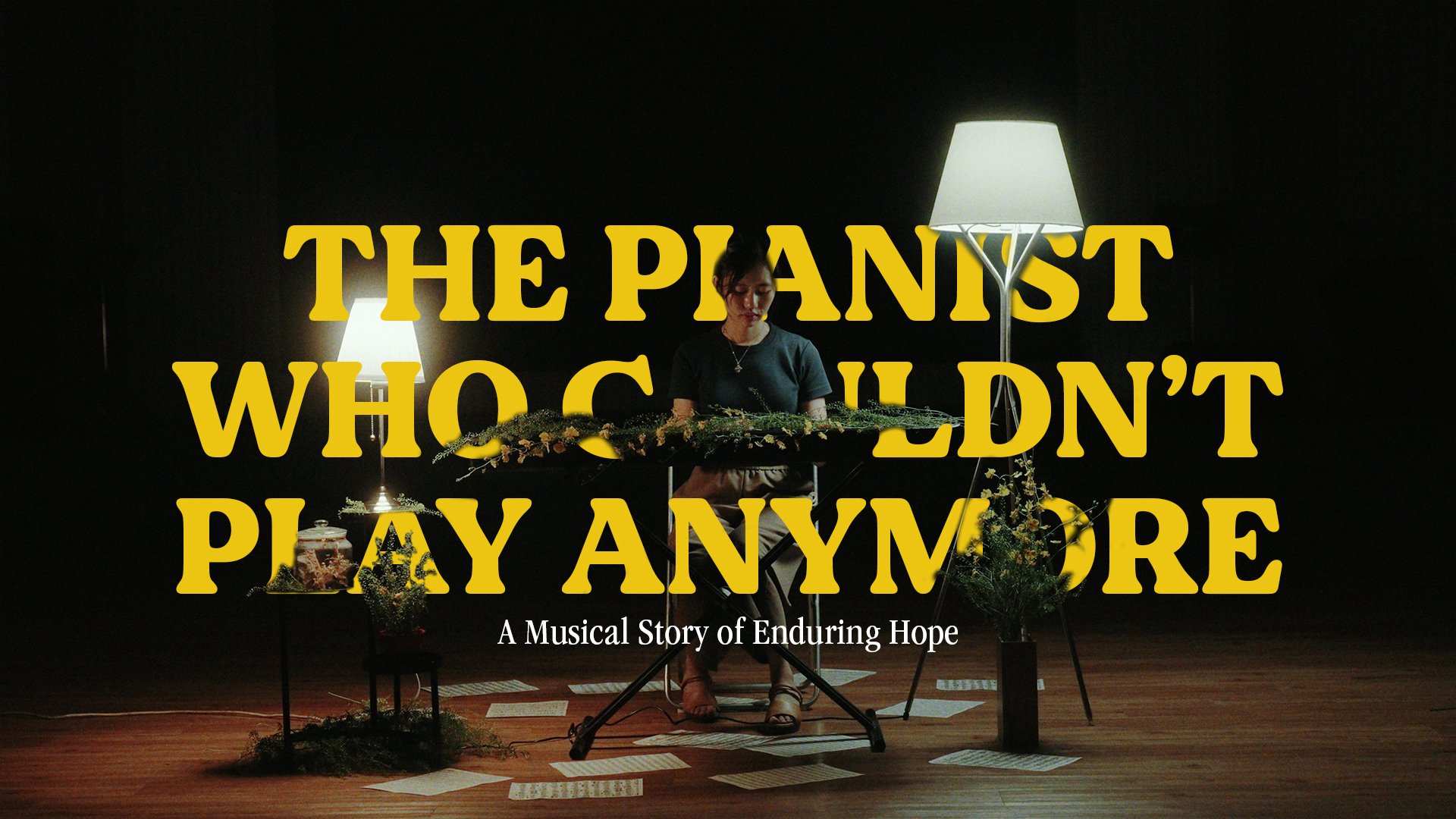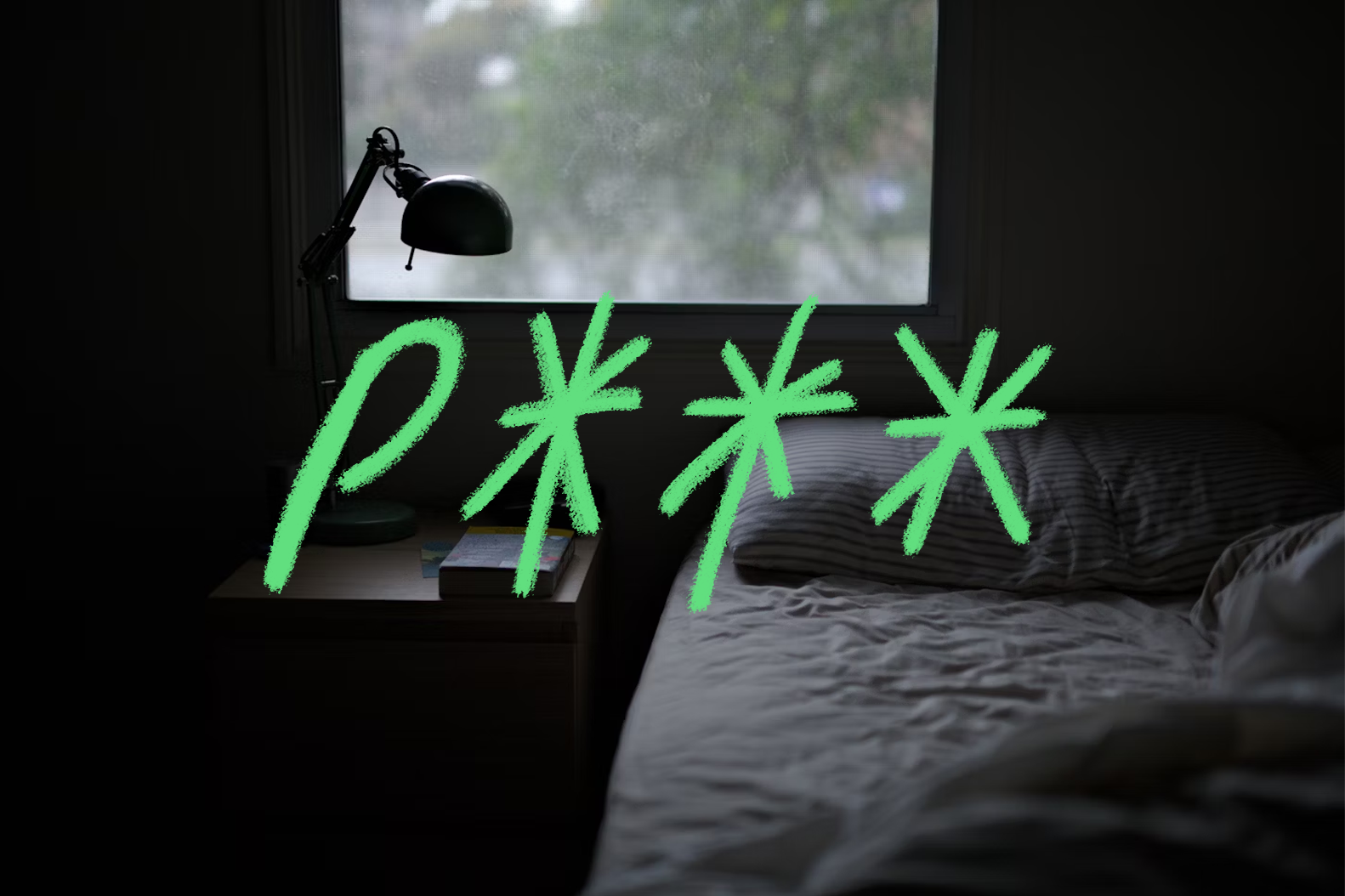TW: Bullying, fat-shaming and suicide ideation are mentioned in this article
When I was a little girl, I was always cheerful and extroverted. I loved making friends and enjoyed going to school. I was even told that I had great leadership skills.
I did not fit the typical image of beauty with long hair or big eyes. Instead, I was chubby — I looked like an Asian version of Dora the Explorer.
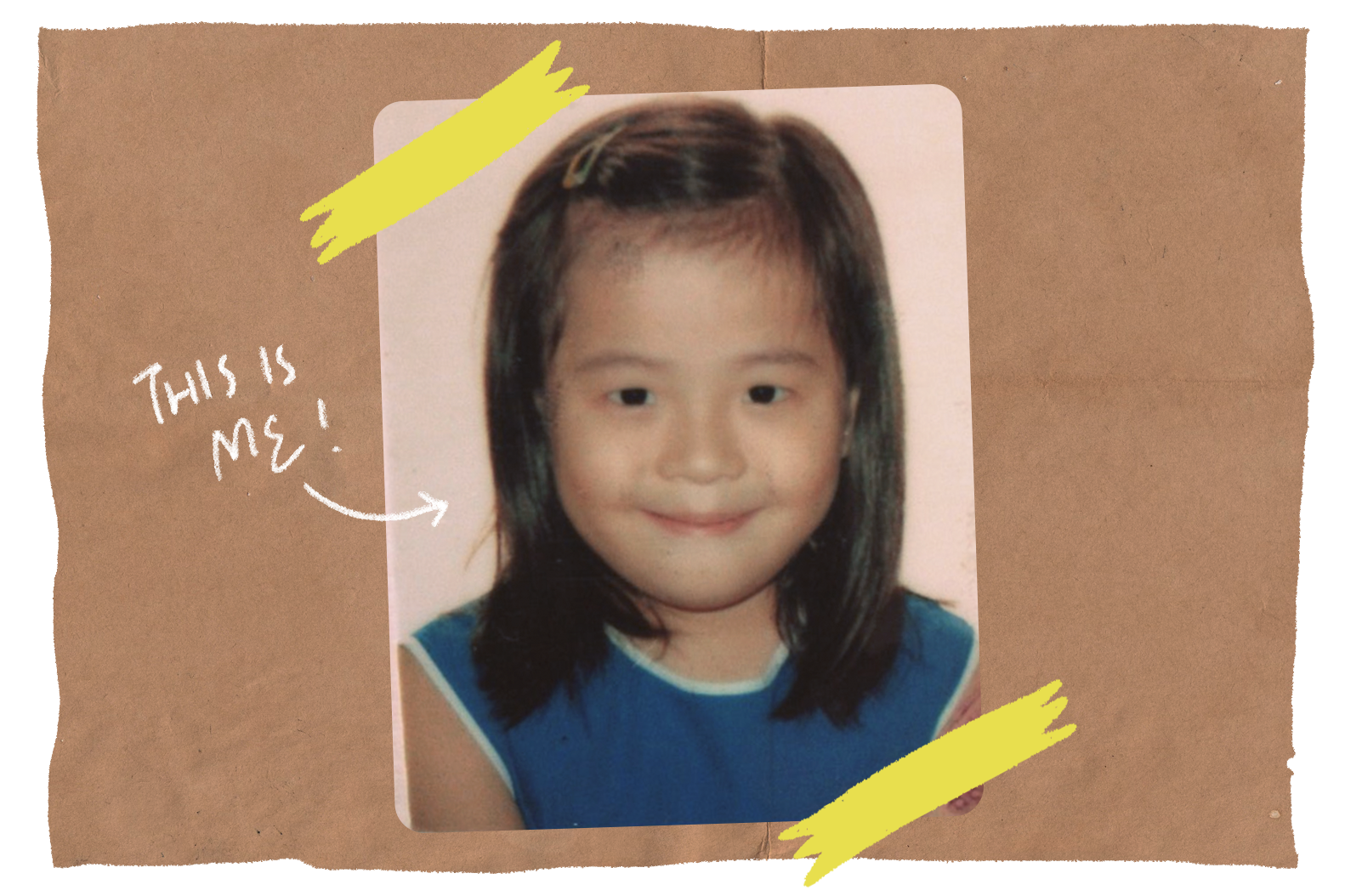
I was larger than most of my friends, never the brightest or the smartest. I took ballet and piano classes like most girls but was never outstanding.
I do not remember a time where I was praised as a child, and so I always longed for the approval of adults.
An average kid, not great at studying
I went to a good primary school where the pressure to excel academically was intense. I pined for leadership roles and wanted to top my class. I fought hard to be seen and validated.
Despite my efforts, my grades remained average, and I was never chosen for anything. Consequently, I was constantly compared to other girls by my aunties and teachers with labels like:
- “Difficult”
- “Troubled”
- “Naughty”
- “Not _____ enough”
I spent my childhood feeling like I had to constantly prove my worth. I longed for people to see my value.
Being placed in the “last class” in primary five shattered my confidence. It felt like the end of the world, reinforcing all the negative words that had been spoken over me. I started to believe that my future was ruined.
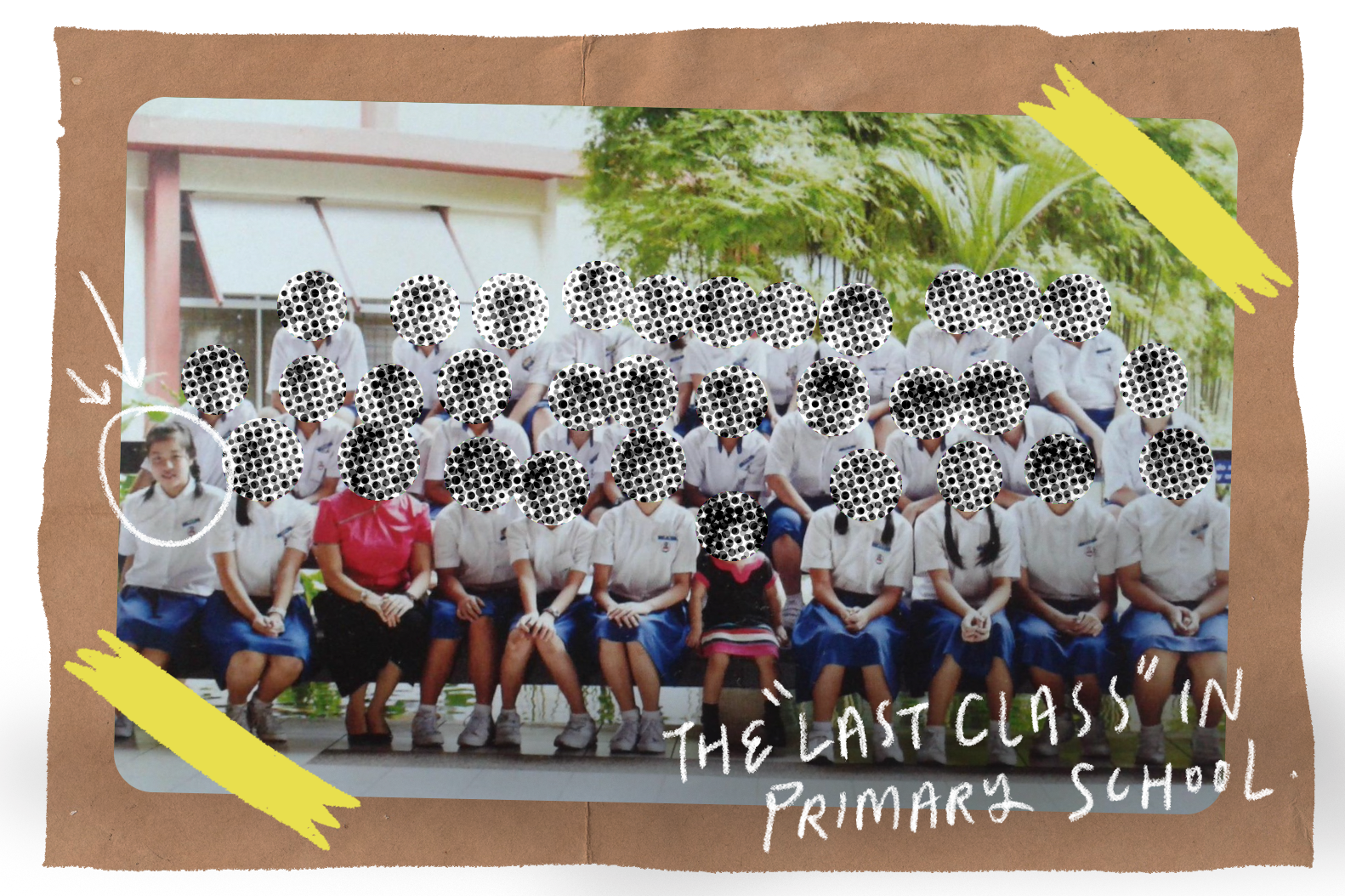
Dieting at a young age
Beyond the constant fear of my future, my weight was another frequent topic for others. Though I was never at an unhealthy weight, I was often criticised for my size.
A dance teacher told me that I was “too fat and too ugly to be a dancer” before kicking me out of a performance because I looked out of place with the other girls.
These words warped my perception of my body image, leading me to start dieting at a young age. I was trapped in a cycle of comparison and insecurity.
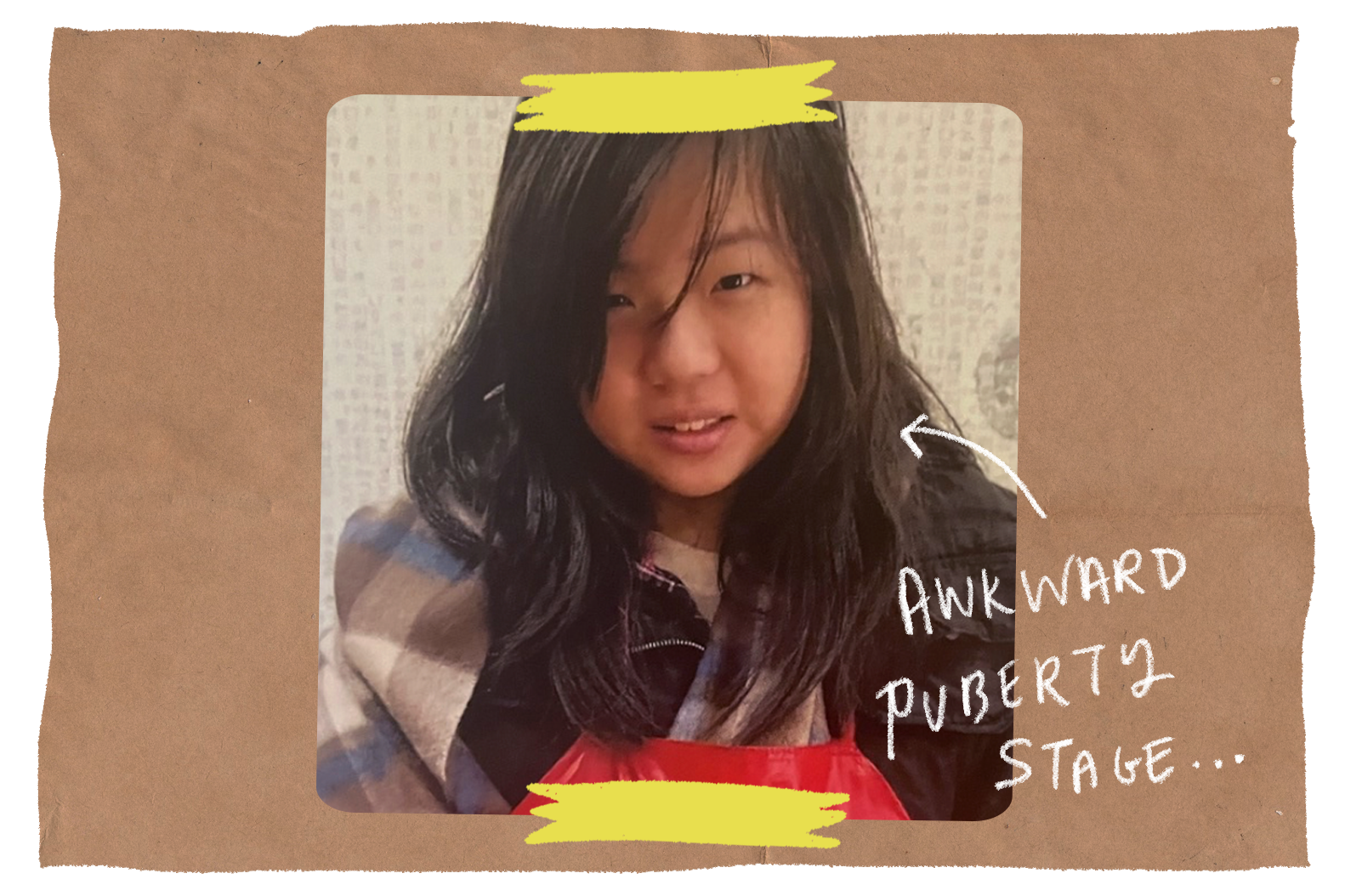
Then in my teens, I got accepted into a clique.
It was everything I had longed for — to be part of a sisterhood. I yearned for female friendships and wanted to grow up with them.
However, the girls I cherished soon began leaving me out. I wondered why, until I overheard one of them saying, “Jolene is not skinny or pretty enough to be part of us.”
Boys would ask for their numbers, and they would receive gifts and love letters on Valentine’s Day. I had none of those things. “Something must be wrong with me,” I thought. “I must be unattractive and unwanted.”
Bullying in secondary school
Outcasted by my so-called “friends”, the situation soon escalated into bullying.
It started online before it became confrontational. They flooded my social media with comments about how “fat” and “ugly” I was. They expressed how much they hated me.
I could not understand why. Had I hurt them or offended them? I kept apologising to them, hoping they would accept me again. I pleaded and begged and did everything I could to salvage the friendship.
I was told that I had “no dignity” and was “pathetic” for doing that. I truly felt like a loser.
I started to hate going to school because every day felt like torture. People shunned me to avoid becoming the next target of bullying. My teachers witnessed everything but did not intervene, dismissing it as typical teenage “friendship drama”.
I believed I was stupid
I started growing depressed, and this affected every area of my life including my grades.
A teacher observed my situation and diagnosed me as dyslexic, asserting that I was “academically challenged and mentally disadvantaged”.
Despite her intention to help me, I internalised her words and started to believe that I was perhaps “stupid” after all.
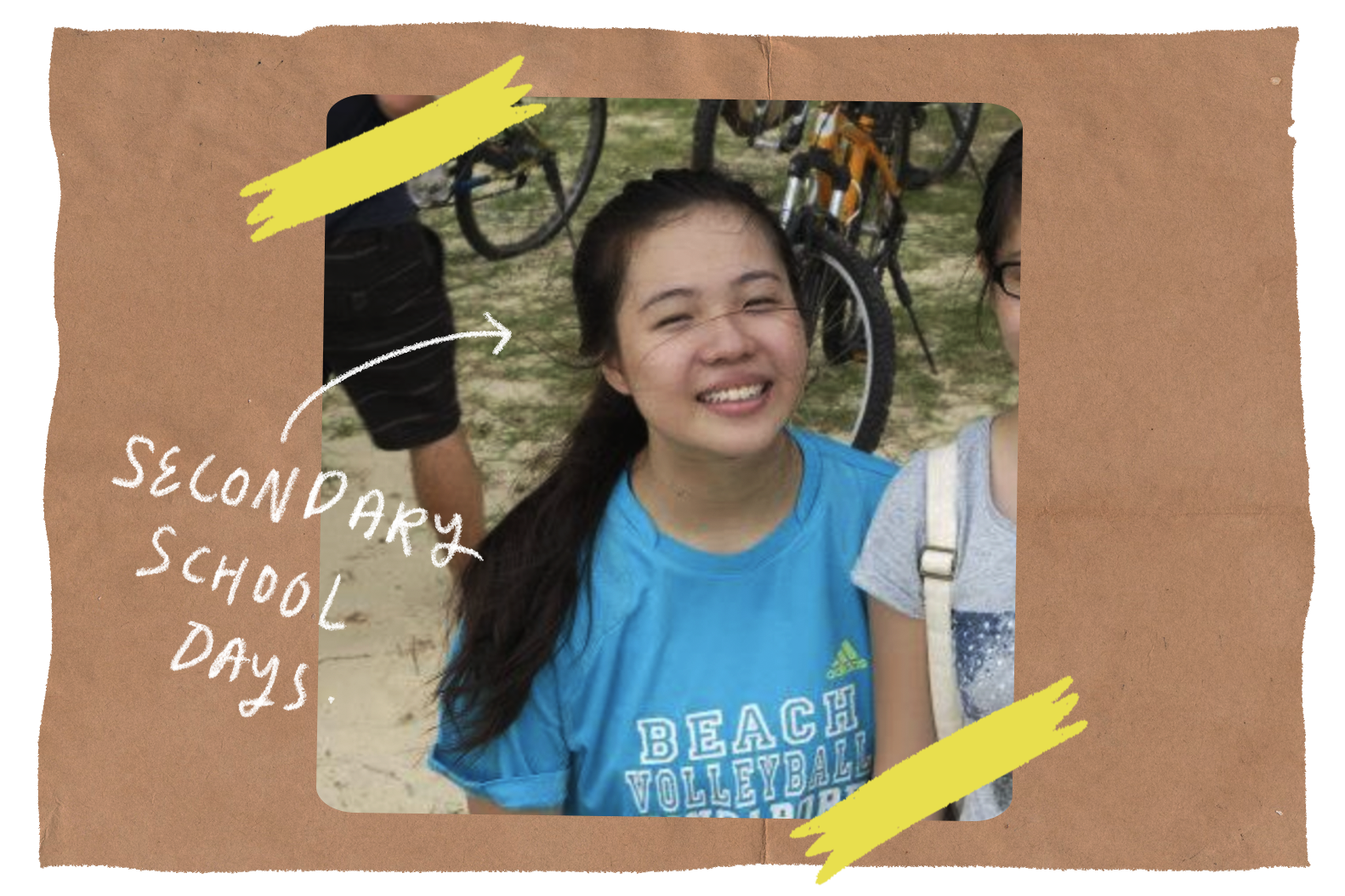
Puberty brought about many changes to my body, and I did grow bigger. My P.E. teachers made me run around the canteen during recess time and did not allow me to eat.
They believed that “shame” would serve as an effective motivation. Their approach only enabled further ridicule from boys in my class whenever they saw me eating. They would mockingly comment, “You’re already so fat, why are you still eating?”
Eating disorder
I did not know how to cope with the humiliation, which led me to have an unhealthy relationship with food. Eating felt like a sin, and I developed a fear of eating.
I resorted to starving myself until I could not bear the hunger anymore, and then I would hide in the restroom to binge on food.
I felt ashamed and condemned every time I succumbed to my hunger. I was also terrified of being caught eating, avoiding anything that would associate me with food.
Starvation diet, water diet, 500 calorie diet, K-pop idol diet — I tried every diet imaginable to lose weight.
I deprived myself of all “bad foods” and did all sorts of workouts, yet I would always fail midway and bounce back to my usual weight. I loathed myself for not being “strong” or “disciplined” enough.
I was convinced that I lacked the willpower to succeed. I thought that if only I were pretty and skinny, I would finally be loved and accepted.
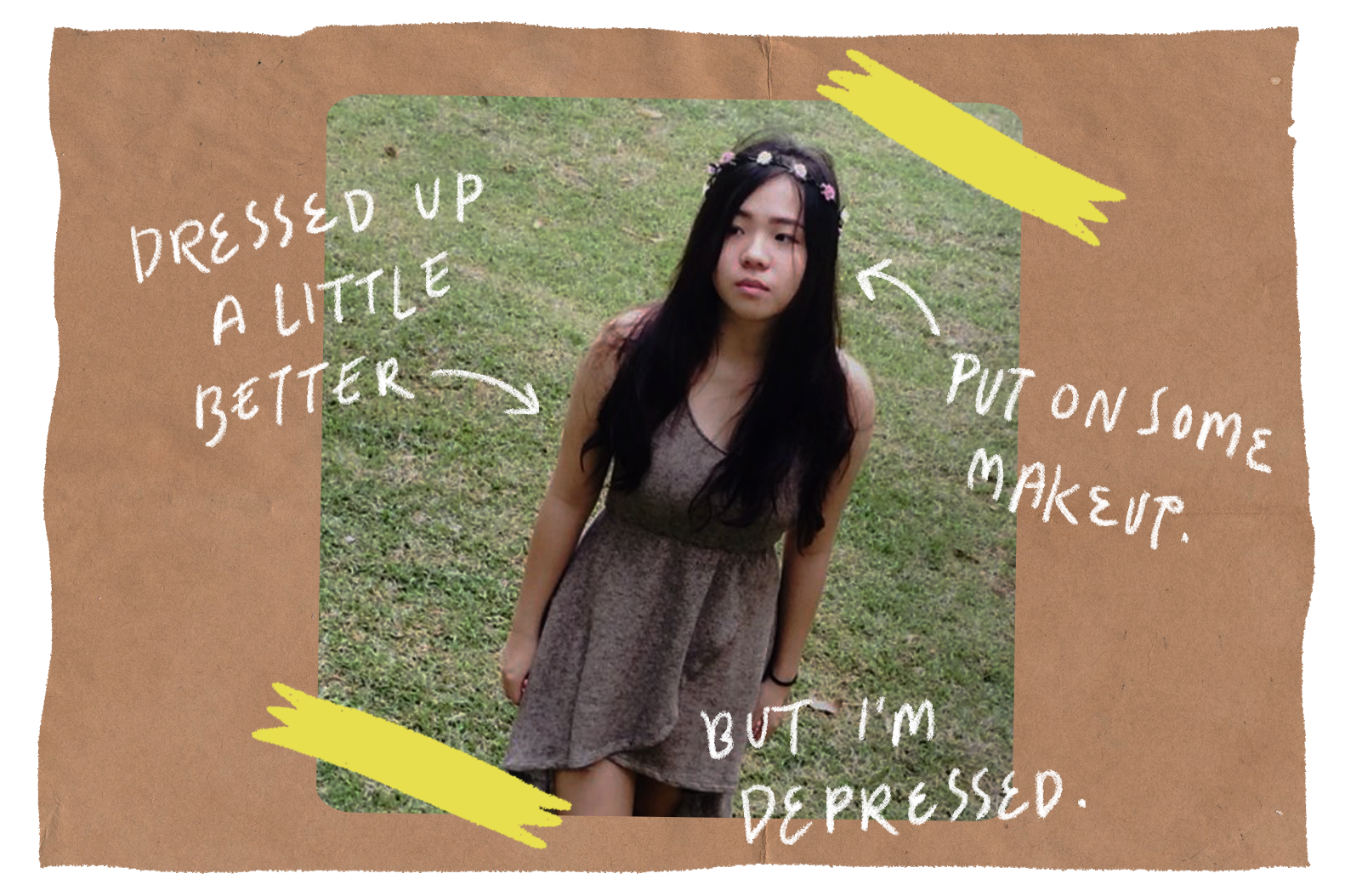
Eventually, I did shed some weight — and was even cast in a TV show.
I gained some new attention and people began to befriend me. The guy I had a crush on for two years now liked me, and the bullying ceased. I thought I had finally attained the validation and respect I had longed for.
I guarded these outward achievements tightly, intertwining them with my identity. Adults finally praised me, and aunties now wanted their daughters to be like me. It was an UNO reverse card moment.
Despite all of that, I felt that people only loved me for what I had to offer. Deep down, I knew that if they saw the real me without any of these “accomplishments”, they would discard me right away.
The love of God
Around this time, I was introduced to my current church through divine connections.
I had visited a church before when I was younger, but I grew up confused about religion because my paternal family followed another faith. So, I went to churches and other places of worship, not really knowing what to believe. Deep down, however, I always felt drawn towards Christianity, seeing it as the only religion that did not scare or discomfort me.
At this new church I attended, I met people who did not care about my grades or what I could or could not do. They were unconditionally kind to me. It felt weird.
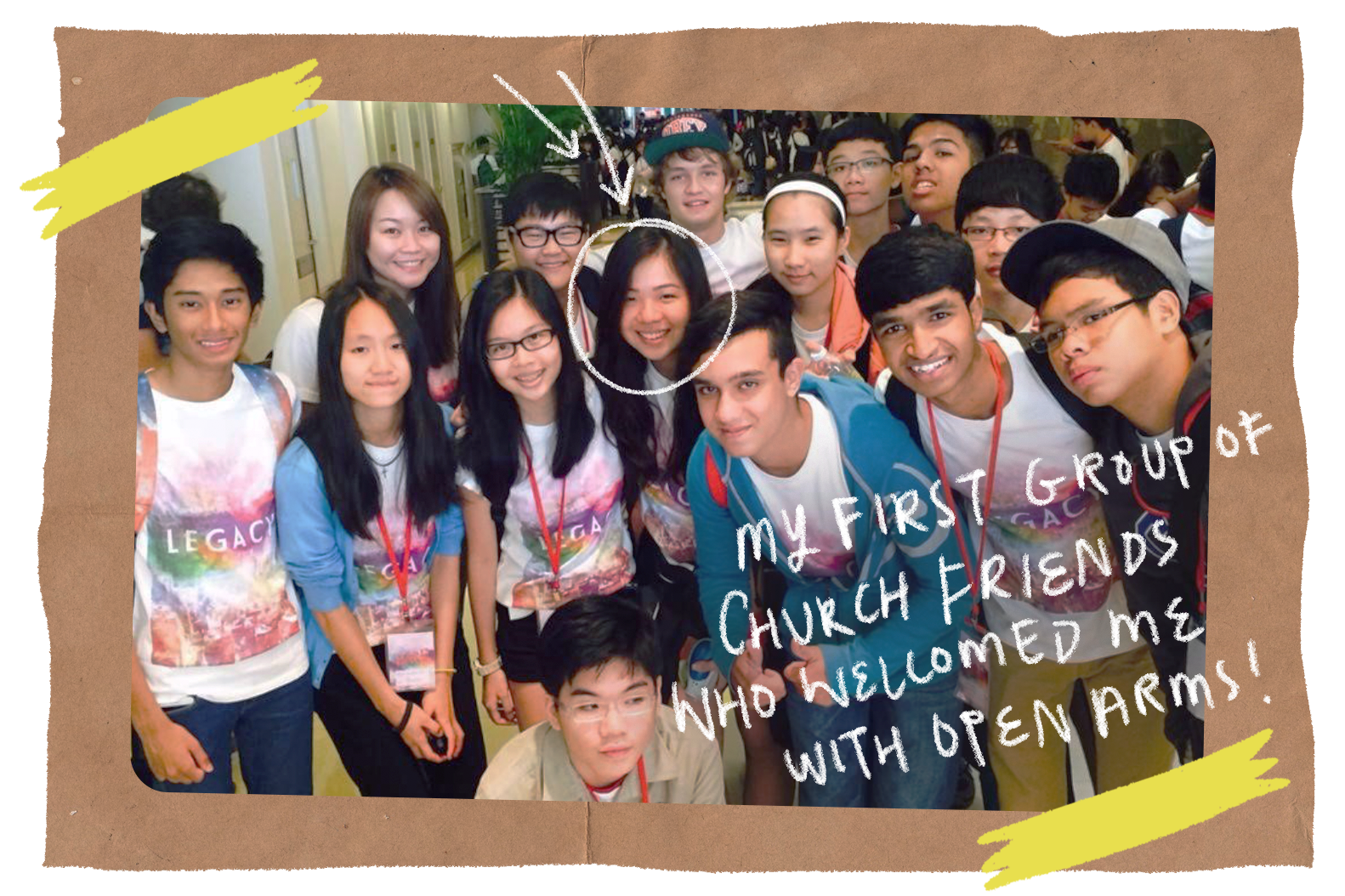
I didn’t know it at the time, but I was being introduced to the unconditional love of God. I was told by my pastors that I could go to God just as I am, with my flaws and all. He wants me, they said.
This truth was new to me, as I always thought God would only approve of me when I was perfect. I thought we had to do good to deserve good, and so I had believed I must have been so bad to have deserved so much pain and rejection.
As such, I was sceptical of this love as this truth was new to me. I wondered why a loving God would tolerate and want someone like me, when everyone else had rejected me.
My conversion story would not be one of instant revelation. I entered church, arms stiffly folded and heart guarded.
Though I did begin to feel God’s love seeping into the cracks of my heart, I remained slightly resistant since love had always been so conditional and unfamiliar to me.
There is no way I am truly wanted for me. I dared not believe such good news, lest I get disappointed again.
Yet, I held on tightly to God as He was all I had.
Persecuted for my faith
Shortly after going to church, the bullying began once more at school. This time, it was even harsher.
My school bullies had one more thing to attack now – my newfound faith. They laughed at me for being a Christian. I had an anti-Christ schoolmate from a gang who threatened to hurt me for posting about my faith on Instagram. I was living in so much fear.
My depression and anxiety intensified. There were moments in school when I had to run to the restroom to listen to worship songs. During break times and in between classes, I would hide and read my Bible and journal to God, spending every moment I had with Him.
I needed Him to help me get through the next moment – He was my very breath.
Then one day, a teacher found and confiscated my journal and Bible. He said, “You cannot read such books in school!” He read my journal out in class later that day, and mocked me for praying to God. He said, “God won’t help you just because you pray.” My whole class laughed.
I was embarrassed and ashamed. My journal was my secret place and it was now being exposed. I was helpless. I hated school even more, and my grades continued to fall.
I became unmotivated to even get out of bed. I isolated myself in my room and thoughts of suicide continued to linger in my mind.
My parents were unaware of my struggles and did not understand my emotions. I did not even know how to express my emotions and had many erratic outbursts and meltdowns at home.
They thought I was going through a rebellious phase and kept trying to fix me. Our relationship grew strained.
“You should honestly go kill yourself. The world would be a better place without you in it.” These words were all over my social media, written by my bullies. It happened every day, and I was so tormented.
Depressed and suicidal
One day, I broke down and confessed to my mum, “I am so depressed! I don’t want to live anymore! I want to kill myself.”
Out of helplessness and anger, she replied, “Go! Go and kill yourself! I don’t care!” She did not realise I was serious, and thought I was just throwing a tantrum.
Deeply scarred by my mother’s comment, I was motivated to attempt suicide all the more. I was vengeful and wanted everyone to regret hurting me and live in guilt forever.
The next day, I told God that I was going to kill myself: “It’s depressing here! If I die, at least I get to be with You, free of pain! It is a win-win situation for everyone!”
After all, I only seemed to frustrate everyone around me. I truly felt like no one loved me, and so I thought the world would be a better place without me.
I wrote my mum a letter that night and slotted it in her wallet.
Deeply despondent, I walked home from school the next day, praying for a car to hit me. I didn’t care about pedestrian crossings or traffic lights, I was walking in the middle of the road like a zombie.
Miraculously, no cars showed up – an extremely rare sight in Singapore’s roads. I knew God had saved me.
When I reached home, I broke down crying. I was angry at God. I cried out: “Why didn’t You let me die?! Why did You save me?!”
I did not hear an audible voice, but I felt a deep sense of His presence that enveloped my heart. It was like a warm and compassionate reassurance that there is a purpose for my life, although I did not yet know what it was.
My heart softened as I wept, asking: “But why, Lord? Why do You want this broken life anyway? What do You see in me that nobody else does? Everyone wants me to die, I also want to die.
“God… if You really think any good can come out from this life at all, You can have it — all of it.” With that, I gave all of my broken heart to Him.
A seedling of purpose and hope
My life did not change that night, but I knew a tiny seedling of purpose and hope was planted that very moment. Slowly and gently, God mended my broken heart and restored me.
My breakthrough came without me even realising it. It wasn’t until 1.5 years later when three church leaders approached me on a particular day, separately, pointing out that they sensed a deep joy of the Lord in me.
I laughed in disbelief. “What joy?” I thought. “I have been depressed and suicidal.”
But that was also when I realised the depression had actually lifted — I no longer wanted to die. I had a new hope for the future, and I looked forward to what God had in store for me.
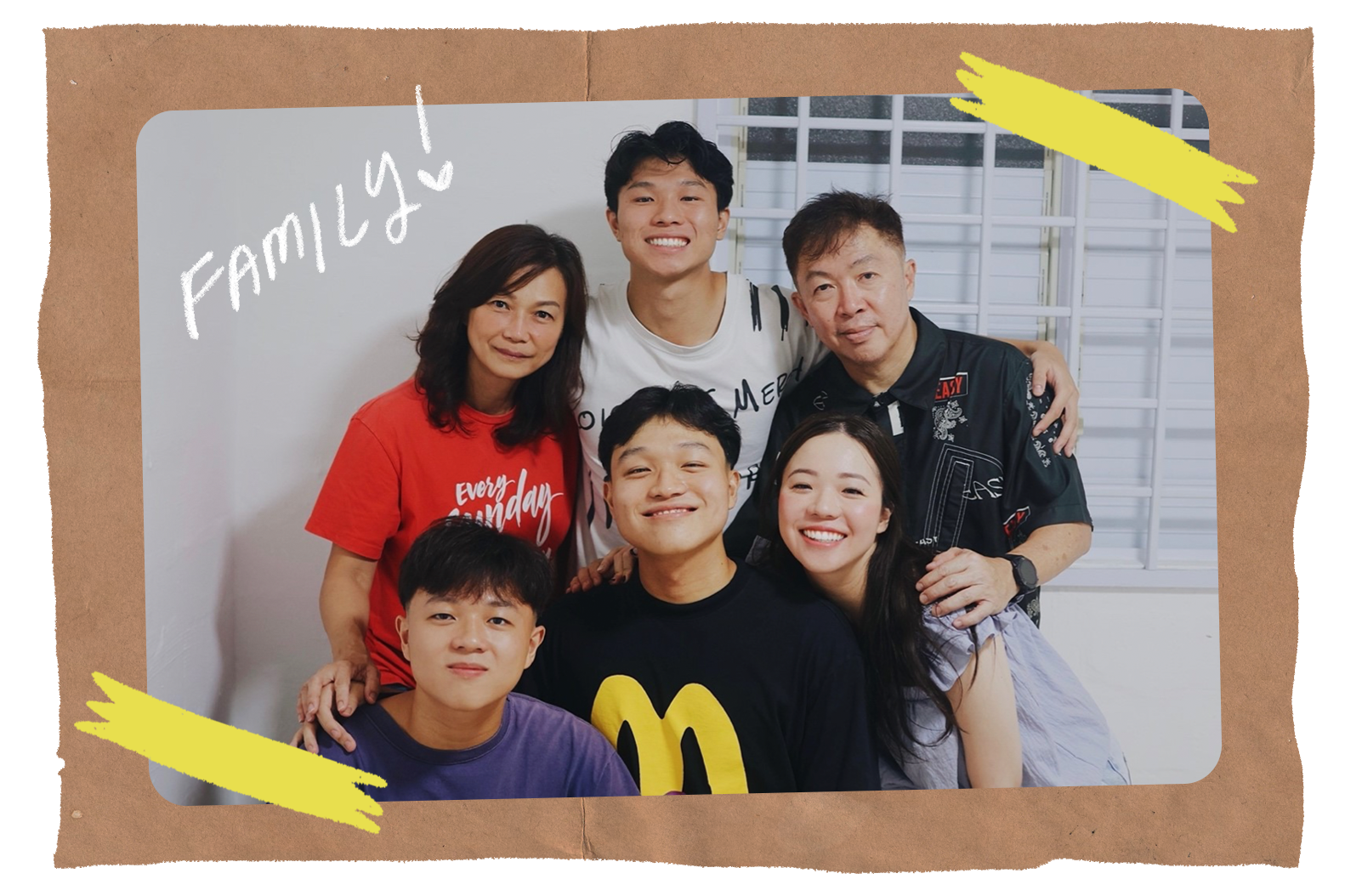
As I kept running into the arms of Jesus, I was conforming into His likeness without even realising. He was washing me from within.
In the years following, I experienced many breakthroughs and restoration. It first began in my heart, then my identity, then it flowed into my relationships and every other area of my life (Proverbs 4:23).
More healing
The cruel words that were once spoken over me started to melt away, and God started to write His words of life over them.
It was an ongoing journey of metanoia (repentance — the changing of the mind).
The areas of my weakness slowly became areas of God’s strength. Experiencing His love and forgiveness enabled me to extend it to those who had hurt me, although it took time.
I was also being set free from addictions and bondages, and the fractured relationship with my family, especially my mum, was deeply restored.
God continued to make way into my porcupine heart. He was a Shepherd, a Father, a Best Friend, a Lover, a Saviour. His tender closeness started to fill my every longing for validation and love.
I started opening my heart to those around me and I started to love others and allow myself to be loved.
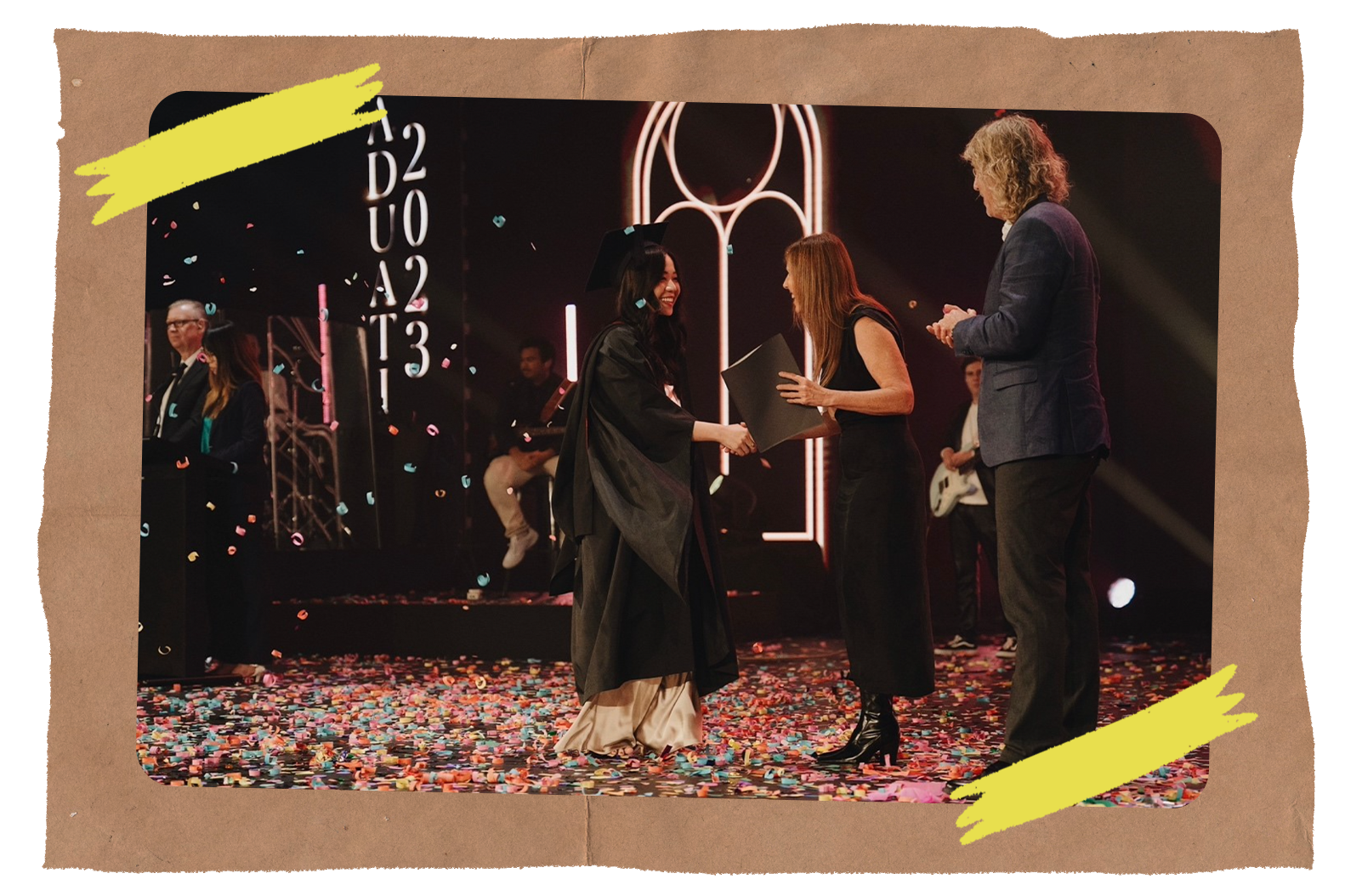
God has saved a wretch like me.
All my life, I tried to fix and clean myself, thinking I would only be loved once I was perfect. But the love of God was nothing like that, and it captivated my heart. I came as I was, and His love renewed me and made me whole.
In my moments of deep despair, I encountered a new depth of His strength that rescued me. It was beyond anything I could have achieved on my own.
Looking back, I am thankful for my journey, though I never wish to relive the painful moments again. I am so thankful that God allowed me to live and witness Him turn what the enemy has meant for harm and evil, into His very good thing.
I now see that the Lord anoints the greatest areas of our brokenness, as that is where His greatest ministries are often birthed.


